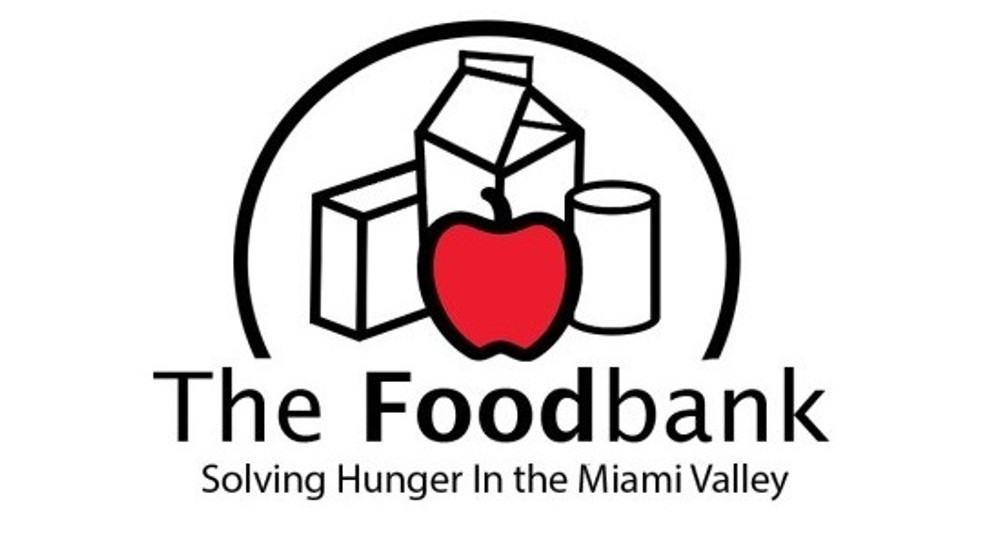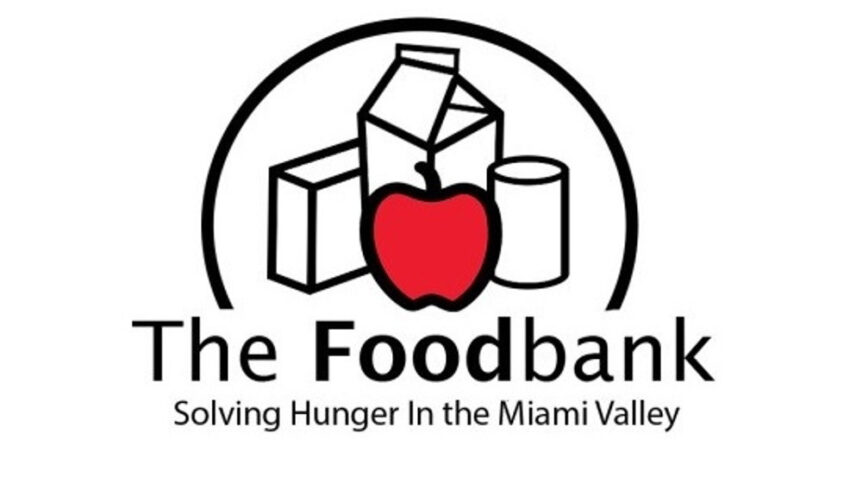
Abilene Food Bank: Fighting Hunger and Food Insecurity in West Texas
The Abilene Food Bank stands as a crucial resource in West Texas, dedicated to alleviating hunger and combating food insecurity within the community. Serving a vast area encompassing multiple counties, the organization works tirelessly to ensure that individuals and families have access to nutritious food. This article explores the mission, operations, impact, and challenges faced by the Abilene Food Bank, shedding light on its vital role in the region.
Mission and Vision
The core mission of the Abilene Food Bank is to provide food assistance to individuals and families struggling with hunger. Their vision extends beyond immediate relief, aiming to create a hunger-free community where everyone has access to sufficient, nutritious food. This involves not only distributing food but also addressing the root causes of food insecurity through education and advocacy.
Service Area and Reach
The Abilene Food Bank primarily serves a large area in West Texas, including Taylor County and surrounding regions. This expansive service area includes both urban and rural communities, each with unique challenges related to food access. The food bank partners with numerous local agencies, including soup kitchens, shelters, and pantries, to extend its reach and ensure that food assistance is readily available throughout the region. These partnerships are crucial for effective distribution and community engagement.
Key Programs and Initiatives
The Abilene Food Bank operates several key programs designed to address different aspects of food insecurity:
- Food Distribution: The primary function of the food bank is to collect, sort, and distribute food to partner agencies. This includes sourcing food from various sources, such as grocery stores, food manufacturers, and community donations.
- Mobile Pantries: Recognizing that transportation can be a barrier for many individuals, the food bank operates mobile pantries that bring food directly to underserved communities. These mobile units serve as temporary distribution sites in areas where access to traditional food pantries is limited.
- Senior Programs: Many seniors face unique challenges related to food insecurity, including fixed incomes and health issues. The Abilene Food Bank offers specialized programs to support seniors, ensuring they have access to nutritious meals.
- Children’s Programs: Addressing childhood hunger is a priority for the Abilene Food Bank. Programs like the Backpack Program provide children with food to take home over the weekends, ensuring they have access to meals when school is not in session.
- Nutrition Education: In addition to providing food, the food bank offers nutrition education programs to help individuals and families make informed food choices. These programs cover topics such as healthy eating habits, meal planning, and budgeting.
Sourcing and Distribution
The Abilene Food Bank relies on a variety of sources to obtain food for distribution. These include:
- Grocery Stores: Partnering with local grocery stores to collect surplus food that would otherwise be discarded.
- Food Manufacturers: Receiving donations from food manufacturers and distributors.
- Community Food Drives: Organizing and participating in community food drives to collect non-perishable food items.
- Individual Donations: Accepting donations from individuals and families in the community.
- Government Programs: Participating in government programs like The Emergency Food Assistance Program (TEFAP) to receive food commodities.
The food is then carefully sorted and distributed to partner agencies, who in turn provide it to individuals and families in need. The Abilene Food Bank maintains strict standards for food safety and handling to ensure that all distributed food is safe and nutritious.
Impact on the Community
The Abilene Food Bank has a significant impact on the community, providing essential food assistance to thousands of individuals and families each year. By addressing hunger, the food bank helps to improve the overall health and well-being of the community, allowing individuals to focus on other aspects of their lives, such as education and employment. Moreover, the organization’s nutrition education programs empower individuals to make healthier food choices and manage their resources more effectively.
The impact of the Abilene Food Bank extends beyond immediate hunger relief. By addressing the root causes of food insecurity, the organization contributes to long-term solutions that can help individuals and families break the cycle of poverty. The food bank also plays a vital role in raising awareness about hunger and food insecurity in the community, advocating for policies and programs that support food access for all.
Challenges and Opportunities
Despite its significant impact, the Abilene Food Bank faces numerous challenges. These include:
- Increased Demand: Economic downturns and other factors can lead to increased demand for food assistance, straining the resources of the food bank.
- Limited Resources: The food bank relies on donations and grants to fund its operations, and securing adequate resources can be a constant challenge.
- Transportation and Logistics: Serving a large geographic area requires efficient transportation and logistics, which can be costly and complex.
- Volunteer Recruitment and Retention: The food bank relies heavily on volunteers to support its operations, and recruiting and retaining volunteers can be difficult.
- Changing Demographics: The changing demographics of the community can create new challenges and require the food bank to adapt its programs and services.
However, the Abilene Food Bank also has numerous opportunities to expand its impact and improve its services. These include:
- Strengthening Partnerships: Building stronger partnerships with local agencies, businesses, and organizations can help the food bank expand its reach and increase its resources.
- Expanding Programs: Developing new programs and services to address emerging needs in the community.
- Investing in Technology: Using technology to improve efficiency and streamline operations.
- Advocating for Policy Changes: Advocating for policies and programs that support food access and address the root causes of food insecurity.
- Raising Awareness: Increasing public awareness about hunger and food insecurity in the community.
How to Support the Abilene Food Bank
There are many ways to support the Abilene Food Bank and help fight hunger in West Texas:
- Donate Food: Donate non-perishable food items to the food bank or a local food drive.
- Donate Money: Make a financial contribution to support the food bank’s operations.
- Volunteer Your Time: Volunteer at the food bank or a partner agency.
- Advocate for Change: Advocate for policies and programs that support food access and address the root causes of food insecurity.
- Spread the Word: Raise awareness about hunger and food insecurity in the community.
The Future of Food Security in Abilene
The Abilene Food Bank plays a critical role in ensuring food security for vulnerable populations in West Texas. As the community continues to face challenges related to poverty and economic instability, the food bank’s services will remain essential. By focusing on innovative solutions, strengthening partnerships, and advocating for systemic change, the Abilene Food Bank can continue to make a significant difference in the lives of those struggling with hunger. The organization’s commitment to providing nutritious food and empowering individuals to achieve food security is vital for building a healthier, more equitable community. Ultimately, the future of food security in Abilene depends on the collective efforts of individuals, organizations, and policymakers working together to address the complex issue of hunger. Supporting the Abilene Food Bank is an investment in a stronger, more resilient community where everyone has access to the food they need to thrive.
[See also: Local Charities in Abilene]
[See also: Addressing Food Insecurity in Rural Communities]
[See also: Volunteer Opportunities in Abilene]
